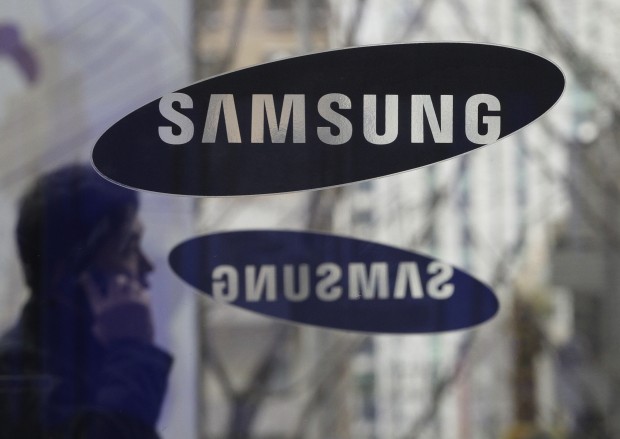Samsung for government
Oh Young-jin – The Korea Times
One may rightly feel it absurd to put a private company in charge of government.
True, private firms seek profits, while the role of the government is, well, to run the country — requiring it to serve many different purposes with profit at the bottom of its list of priorities.
The theory goes: a private company in charge would run the nation aground as it pushes for maximum margins at whatever costs — poor people being treated like stray dogs and the disaffected rioting in total chaos. Or so we think.
But what if the government is incompetent enough to drive the nation into the ground as well? And that government is complacent solely because of the absence of competition until its mandate runs out and the next election comes.
Two recent cases — Samsung Electronics handling a battery meltdown in its latest Galaxy Note 7 smartphone and the government on the Hanjin Shipping debacle — tempt one to think about the untried “private government.”
Let’s go over the two’s crises management step by step.
Samsung decided to recall all 2.5 million Galaxy 7 phones, Sept. 2, nine days after the first claim of a defect was reported.
The government, led by Deputy Prime Minister Yoo Il-ho, has spent months before letting Hanjin Shipping enter court receivership. Within a week, all hell broke loose, bringing major disruptions to the global maritime transportation chain.
The Galaxy 7 recall is unprecedented in scope as the tech giant is replacing all Galaxy 7s with new ones or other models, or paying refunds, depending on the customers’ wishes. When a similar battery problem occurred for Apple, Samsung’s rival, it settled at offering replacements.
The Hanjin case has seen about 80 ships out of its fleet of 141 seized, impounded or denied port entry around the world with some crewmembers onboard suffering from low provisions.
The government twisted Hanjin’s largest shareholder Cho Yang-ho to force him to contribute 40 billion won to a package of 100 billion. But this falls far short of the worst-case scenario in which, according to one study, related parties may seek up to $14 billion in damages affecting delayed arrivals of a maximum 1.2 million containers.
Samsung estimated about 2 trillion won or $1.8 billion needed for the recall. The defect rate for the Galaxy 7s is an infinitesimal 24 per every 1 million phones.
Regarding the Hanjin mayhem, Financial Services Commission Chairman Yim Jong-yong confessed in a media briefing, “We didn’t anticipate a disruption of this scale.”
Samsung’s mobile chief Koh Dong-jin held a press conference, saying, “Even though the related expenses for the recall are heart-breaking, we believe that our customers’ safety is the first and foremost priority.”
The differences between the government and Samsung in handling the crises are striking, to say the least.
It’s not clear how the recalls will affect the Korean company’s future as it comes ahead of Apple’s new product launch. Experts say that it will certainly set Samsung back but its bold recall decision earned the firm, which has been widely discounted as “an early adaptor,” many new supporters. Postings after the recall was announced showed renewed confidence about Samsung and its products.
The government’s mishandling of the Hanjin case upset people as the country was portrayed as a third-rate nation for its failure to fathom the immediate consequences of government action but didn’t surprise them as much because they took it as just another case of administrative incompetence they have grown accustomed to.
It is true that the two cases are poles apart so a direct comparison may not be fair.
A product recall is a decision that is pretty much up to the maker, while the case with Hanjin involves many parties with different interests.
Still, it cannot be denied that a lot was at stake for the decisions facing the government and Samsung respectively, and the latter’s decision proved to be more inspiring than that of the former.
In an unlikely event that the two were put on the ballot, it can’t be ruled out that voters may overcome conventional wisdom and choose Samsung as their representative.
The problem is that Samsung likely doesn’t want the job of government.
This means that the people will be stuck with the dysfunctional, unresponsive government they have. Or they may have to wait for a willing private company, equally efficient as Samsung, to come along.






















































